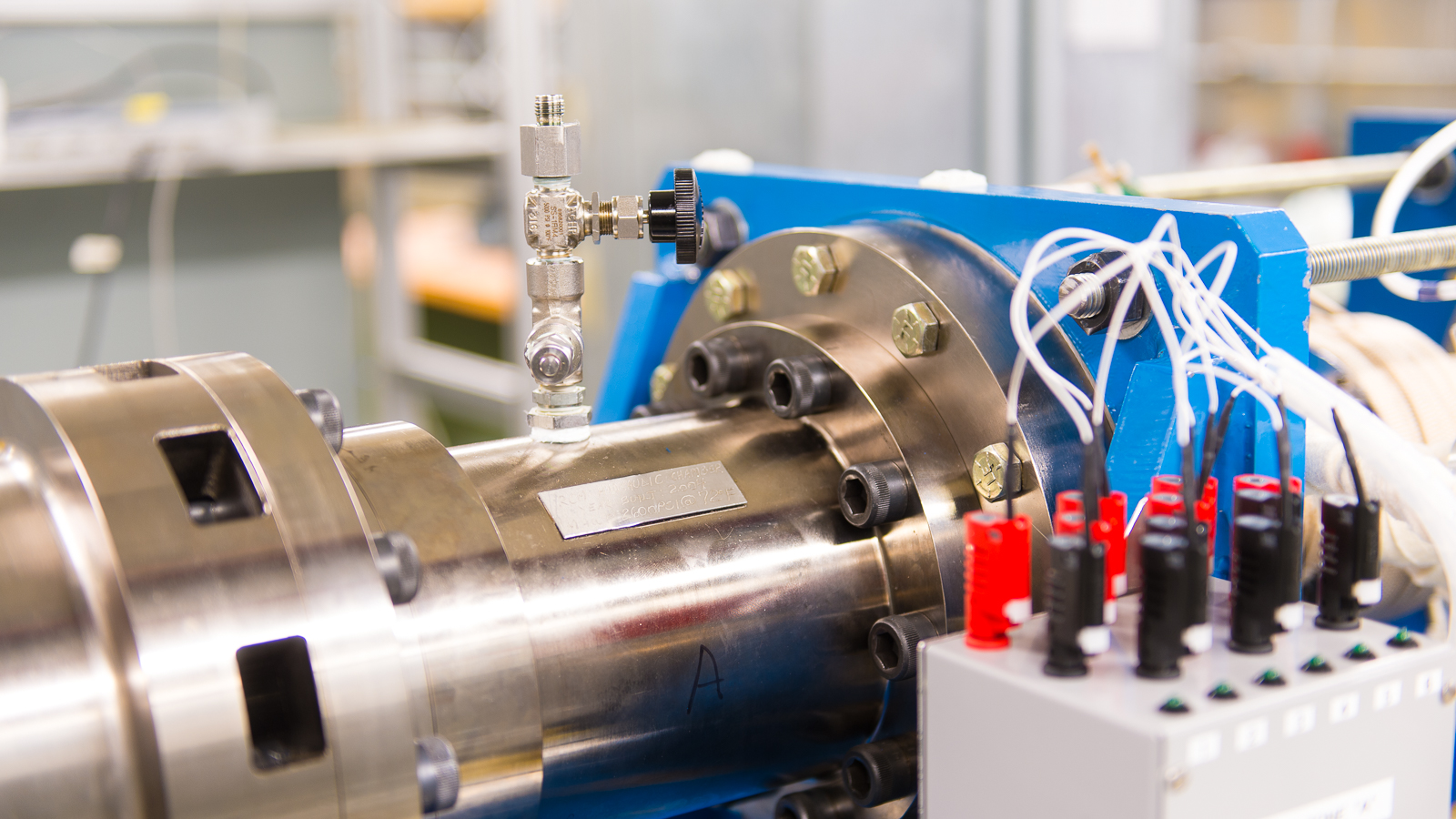
A collaborative forum for experimentalists, modelers and theoreticians to work synergistically to better understand low-temperature combustion regimes
The International RCM Workshop is a collaborative forum where experimentalists, modelers and theoreticians work synergistically to better understand the physical and chemical processes that occur within low temperature combustion regimes. Activities are undertaken to carefully characterize the behavior, capabilities and uncertainties of existing RCM apparatuses, and to conduct analogous simulations of the experiments. Through these efforts fundamental processes that occur are better elucidated, while sub-models which describe them can be improved and validated based on more stringent datasets. Within this forum, it is also possible for new experimental approaches to be cooperatively designed to achieve: (a) enhanced specification of important boundary and initial conditions that are used as modeling inputs, and (b) novel operational regimes, such as locally-stratified, low Damköhler number thermo-chemical fields. The overarching goal of the Workshop is to advance the development of next-generation fuels, as well as combustion models which have sufficient predictive capability for use in the design of future combustion engines.
RCMs are widely used experimental platforms employed to acquire fundamental insight into fuel ignition and pollutant formation chemistry, as well as fluid dynamics--chemistry interactions, especially at conditions that are relevant to current and future combustion engines, e.g., Low-Temperature Combustion (LTC) regimes. They are highly-sophisticated apparatuses that can create and maintain well-controlled, elevated temperature and pressure environments representative of conditions seen in combustion engines (e.g., T = 600 to 1100 K, P = 5 to 100 bar) where the chemically-active period leading to auto- and assisted ignition can be monitored and probed via advanced in situ and ex situ diagnostics. Their operational range is complementary to other laboratory platforms such as shock tubes, flow reactors and engines, while understanding differences between these measurements is an emerging focus of the Workshop. There are currently more than twenty laboratories worldwide that employ RCMs for investigations of gas-phase phenomena, including autoignition, homogeneous charge compression ignition (HCCI) and spark assisted compression ignition (SACI). The ability to utilize a wide range of fuel and oxygen concentrations within RCMs, from ultra-lean to over-rich (e.g., Φ = 0.2 to 2.0+) and spanning dilute to oxy-rich regimes (e.g., O2 = 5 to >21%), and to cover long test times (e.g., to 150 ms), offers specific advantages in LTC regimes relative to other laboratory platforms. Under such conditions complications can arise due to gas dynamics, non-uniform heat releases, etc. Comparison of datasets complementary to other experimental platforms facilitates a better understanding of the interplay between physical and chemical phenomena that exists within various devices.
Disclaimer
Material included within these workshop pages was contributed in the spirit of open scientific collaboration. Some results represent completed work, while others are from work in progress. Readers should keep this in mind when reviewing this website. It would be inappropriate to quote or reference scientific results from these pages without first checking with the individual author(s) for permission, and for the latest information on results and references.